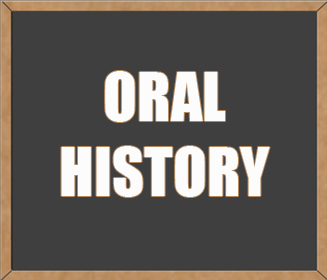
Here are the many reasons why you should consider digital transcription of these audio recordings:
- When your interviews are transcribed and archived, you get a good, fully searchable guide to them.
- You can easily locate specific information from a collection of transcribed files stored on a computer. If you only had audio recordings, you would have to listen to each of them till you find the information you need.
- Preparing a play, documentary or book is possible only with written information and impossible by just listening to the audio.
- Analysis of written information is an integral part of historical research.
- The project content can be easily made available to the hearing impaired through transcription as also to people with no access to the recordings.
If you have a collection of oral histories to transcribe, a company offering educational transcription services can help. If you are a researcher using interviews and case studies you may need to run your work through a qualitative data analysis package, and a professional transcription company can ensure quality transcripts for you to work with. They would have an expert team of transcriptionists that can provide you with non-verbatim edited transcripts or full verbatim transcripts that include every utterance (which would cost more) in minimal turnaround time. Established companies offer educational transcription services with a free trial and at affordable rates.



